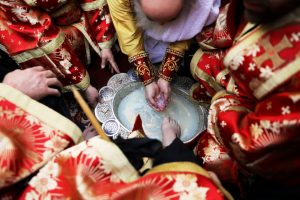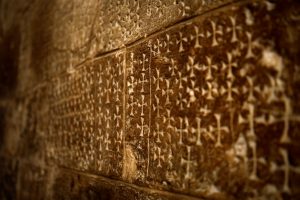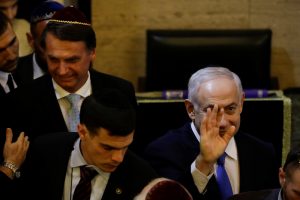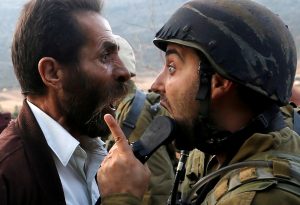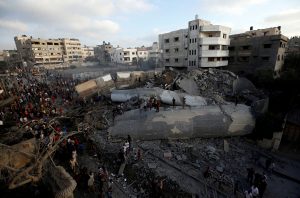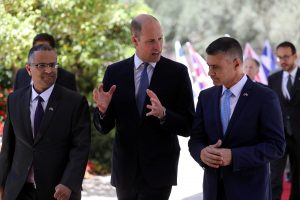
LONDON/JERUSALEM (Reuters) – Iran warned Israel on Tuesday of a “firm and appropriate” response if it continued attacking targets in Syria, where Tehran has backed President Bashar al-Assad and his forces in their nearly eight-year war against rebels and militants.
Without responding directly, Israeli Prime Minister Benjamin Netanyahu nevertheless said it was important to block Iranian influence in Syria.
Israel, which views Tehran as its biggest security threat, has repeatedly attacked Iranian targets and those of allied militia in Syria. With an election looming in April, Israel has been increasingly open about carrying out air strikes.
In a meeting with Syria’s Foreign Minister Walid al-Moualem in Tehran, the secretary of Iran’s National Security Council Ali Shamkhani said the Israeli attacks violated Syria’s territorial integrity and were unacceptable.
“If these actions continue, we will activate some calculated measures as a deterrent and as a firm and appropriate response to teach a lesson to the criminal and lying rulers of Israel,” Shamkhani was quoted as saying by Fars news agency.
In Jerusalem, Netanyahu said he would hold talks in Moscow with Russian President Vladimir Putin on Feb. 21, focussing on Iran’s threat along the Syrian border.
Moscow is a main backer of the Damascus government.
“It’s very important that we continue to prevent Iran from entrenching in Syria. In many ways we blocked that advance. But we are committed to continuously blocking it, continuously preventing Iran from creating another war front against us right here opposite the Golan Heights,” Netanyahu said.
In January, Israeli warplanes carried out a strike on what they called an Iranian arms cache in Syria, and Netanyahu has said attacks will continue.
Syria’s Moualem was quoted on Tuesday by a Hezbollah-run media unit as saying: “The Syrian government considers it to be its duty to keep Iranian security forces in Syrian territory.”
Iran has also repeatedly said it will keep forces there.
Moualem was in Tehran for negotiations before the meeting of the leaders of Russia, Turkey and Iran in the Russian Black Sea resort town Sochi on Feb. 14 about the situation in Syria.
(Reporting by Bozorgmehr Sharafedin in London and Jeffrey Heller in Jerusalem; Editing by Gareth Jones and Andrew Cawthorne)

